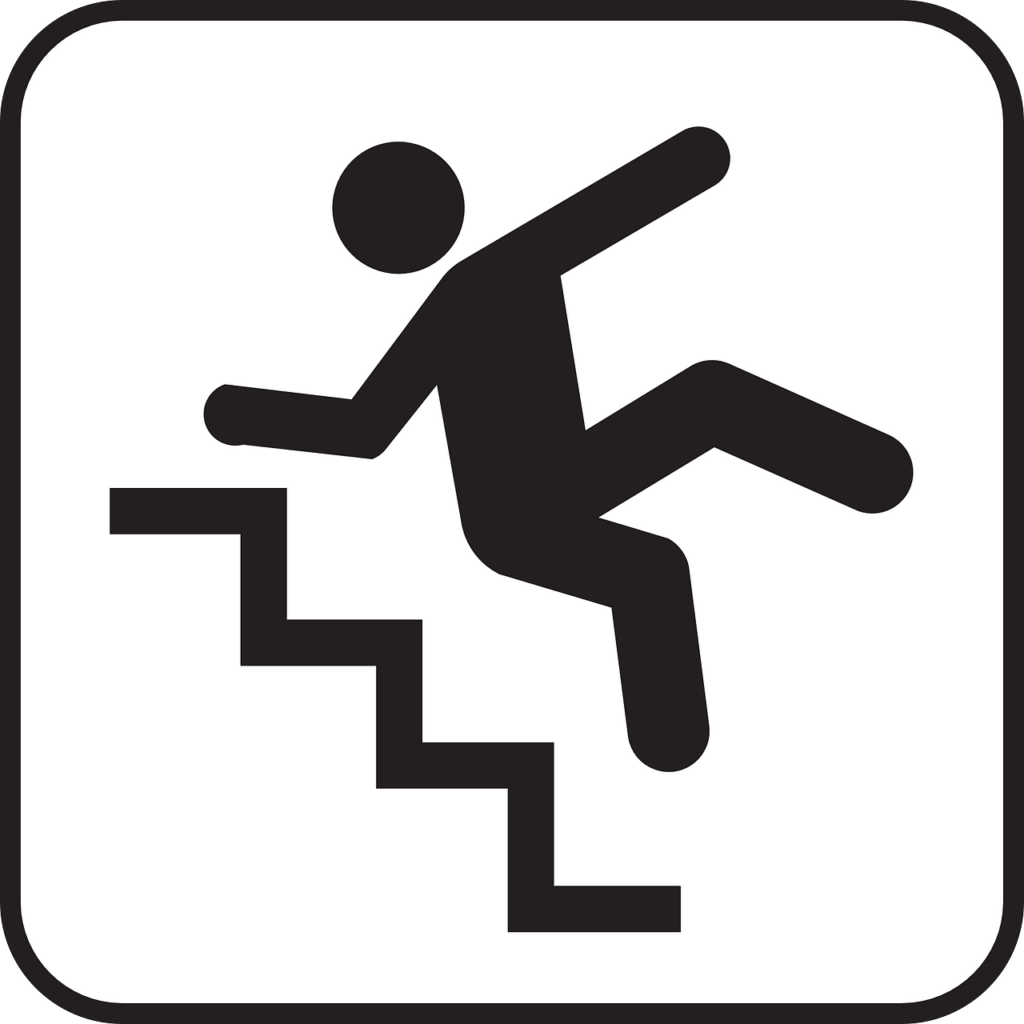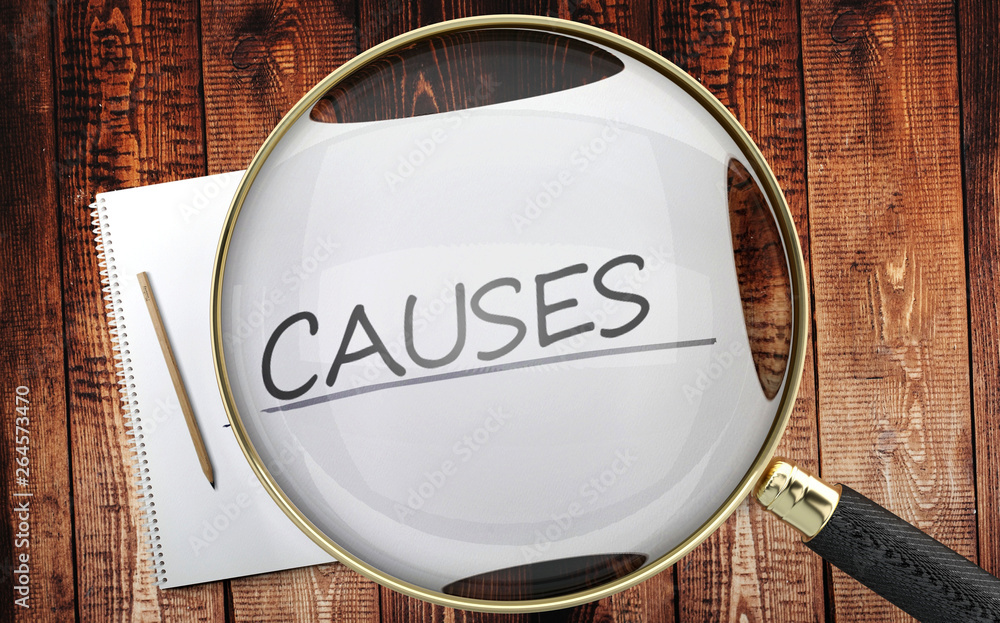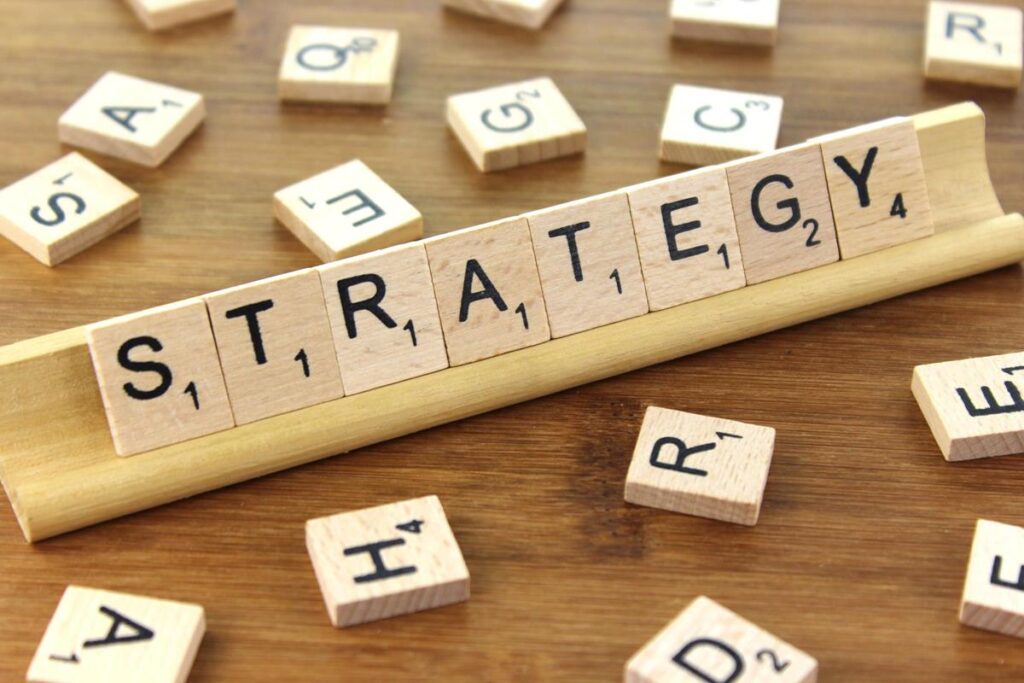
Introduction to Sense of Balance
Why Older Adults Lose Their Sense of Balance. Balance is critical to our daily lives, allowing us to move confidently and safely. As we age, however, maintaining balance can become more challenging. Many older adults experience a decline in their sense of balance, leading to an increased risk of falls and injuries. Understanding the reasons behind this decline and taking proactive steps to address it can significantly enhance the quality of life and promote independence.
The Causes of Balance Decline in Older Adults

1. Natural Aging Processes
- Muscle Weakness: Aging leads to a gradual loss of muscle mass and strength (sarcopenia), particularly in the lower body, which is crucial for stability.
- Joint Stiffness: Wear and tear on joints, often accompanied by arthritis, can limit mobility and affect balance.
- Slower Reflexes: Aging slows down the body’s response time, making it harder to recover from a loss of balance.
2. Sensory Decline
- Vision Changes: Poor eyesight, due to conditions like cataracts or macular degeneration, reduces depth perception and spatial awareness.
- Inner Ear Issues: The vestibular system, located in the inner ear, plays a key role in balance. Age-related changes or conditions like vertigo can impair its function.
- Reduced Proprioception: Proprioception, the sense of body position, diminishes with age, making it harder to sense where your body is in space.
3. Chronic Health Conditions
- Neurological Disorders: Conditions like Parkinson’s disease, stroke, or peripheral neuropathy can disrupt balance.
- Cardiovascular Issues: Poor circulation, low blood pressure, or heart problems can lead to dizziness and unsteadiness.
4. Medications
- Many older adults take multiple medications (polypharmacy), some of which have side effects like dizziness, drowsiness, or unsteadiness.
5. Lifestyle Factors
- Sedentary Behaviour: Lack of regular physical activity can lead to weaker muscles and poorer coordination.
- Poor Nutrition: Vitamin D, calcium, or protein deficiency can affect muscle and bone health.
Strategies to Preserve or Regain Balance

1. Physical Activity
- Balance Exercises: Incorporate exercises like standing on one leg, heel-to-toe walking, or using a balance board to improve stability.
- Strength Training: Focus on strengthening the legs, core, and lower back with resistance exercises such as squats, lunges, or light weightlifting.
- Flexibility and Mobility: Stretching and yoga can improve joint range of motion and posture, contributing to better balance.
- Tai Chi: This ancient practice combines slow, deliberate movements and mindfulness, making it highly effective for enhancing balance.
2. Addressing Sensory Deficits
- Vision Care: Regular eye exams and updated prescriptions can improve spatial awareness.
- Vestibular Rehabilitation: For those with inner ear issues, a physical therapist can guide specific exercises to recalibrate the vestibular system.
- Proprioceptive Training: Using tools like wobble boards, foam surfaces, or barefoot exercises can improve body awareness.
3. Managing Chronic Conditions
- Work closely with healthcare providers to manage conditions like diabetes, hypertension, or neurological disorders.
- Review medications regularly to identify and mitigate side effects that may impact balance.
4. Lifestyle Adjustments
- Home Safety Modifications: Reduce fall risks by removing tripping hazards, installing grab bars, and improving lighting.
- Proper Nutrition: Ensure a diet rich in protein, vitamins D and B12, and calcium to support muscle and bone health.
- Adequate Hydration: Dehydration can lead to dizziness, so drink enough water throughout the day.
5. Professional Support
- Physical Therapy: A therapist can develop a personalised balance training program.
- Occupational Therapy: They can provide practical solutions for navigating daily activities safely.
Fall Prevention Programs: Many communities offer classes and resources designed to reduce fall risks.
The Benefits of Balance Exercises

Why Older Adults Lose Their Sense of Balance. So, why should senior citizens make an effort to perform balance exercises regularly? The benefits are numerous and impactful:
1. Physical Benefits
Balance exercises can significantly improve stability, strength, and flexibility. These exercises focus on enhancing core strength and leg muscles, which are essential for maintaining balance. As seniors grow stronger and more flexible, they are less likely to experience falls and injuries.
2. Cognitive Benefits
It may surprise you, but balance exercises also have cognitive benefits. Engaging in these activities challenges the brain to coordinate movements and maintain equilibrium. This stimulation can improve cognitive function and reduce the risk of cognitive decline in older adults.
3. Improved Quality of Life
By enhancing balance, seniors can regain or maintain their independence. They can continue to perform daily activities without relying heavily on others, which can boost their self-esteem and overall quality of life.
DONATE
Pensioner Fitness Awards
THE BUSINESS CONCEPT, BEST IN BUSINESS AWARDS
- “MOST INSPIRING SENIOR WELLNESS WEBSITE 2023“
THE GLOBAL HEALTH AND PHARMA, FITNESS AND NUTRITION AWARDS
2. “BEST SENIOR FITNESS AND NUTRITION SPECIALIST 2023“
THE MIDDLE EAST AND AFRICA BUSINESS AWARDS
3. “ MOST INCLUSIVE FITNESS PROVIDER 2023″
THE CORPORATE LIVE WIRE GLOBAL AWARDS 2023/2024
4. ” FITNESS ADVISORY PLATFORM OF THE YEAR“ 2023/2024
In Conclusion
Why Older Adults Lose Their Sense of Balance. Losing balance is not an inevitable part of aging. By understanding the underlying causes and adopting targeted strategies, older adults can preserve or even regain their sense of balance. Small, consistent efforts can lead to significant improvements in stability, confidence, and overall quality of life. Taking proactive steps today can ensure a safer, more independent future.
Important Note *
Remember that everyone is different, it is ultimately YOUR RESPONSIBILITY to find what your body responds to. So please do your due diligence before trying anything new, including getting Medical Advice to ensure your safety and peace of mind.
Connect with me and leave a comment